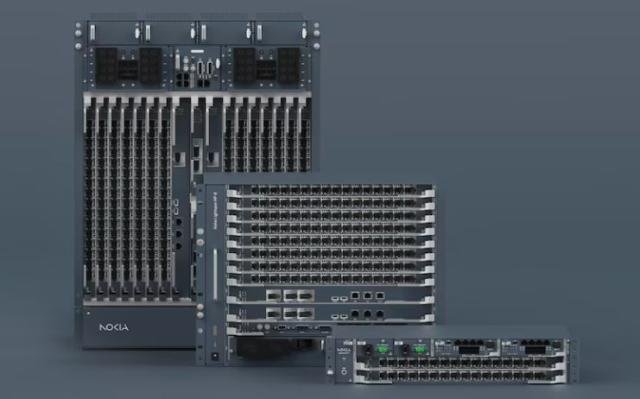Nokia has recently introduced its innovative Lightspan MF-8, a fiber solution designed to deliver high-capacity broadband services, ranging from 10G to future-ready 100G Passive Optical Networks (PON).

Nokia in fiber broadband market
The size of the global fiber optics market is projected to reach $17.84 billion by 2032 from $8.22 billion in 2024 and $7.56 billion in 2023, exhibiting a CAGR of 10.2 percent during the forecast period (2024-2032).
Nokia has more than 400 fiber customers in 130 countries. Nokia is working with Google Fiber to deliver a 20 Gig service to residential and enterprise customers with existing fiber networks. Nokia says it is the leader in 25G-PON as well as XGS-PON.
Nokia’s fixed networks sales decreased EUR 574 million, or 20 percent to EUR 2.369 billion in 2023, compared to EUR 2.943 billion in 2022. The drop in fixed networks sales was primarily driven by weakness in North America with a slowdown in fixed wireless access (FWA), as well as in fiber where customers lowered their spending on infrastructure.
Benefits of Lightspan MF-8
The Lightspan MF-8 is engineered with Nokia’s Quillion chipset and supports flexible deployments across various locations, from cabinets to central offices and data centers. This versatility enables Internet operators to deliver both residential broadband and mission-critical industry 4.0 services, ensuring no single point of failure with its six-nine reliability and sub-millisecond latency.
One of the main reasons operators should invest in the MF-8 is its scalability and future-proof design. As broadband shifts from fiber-to-the-home to Fiber-for-Everything, the MF-8 provides the flexibility and capacity to support not only residential customers but also businesses, mobile sites, smart cities, and wholesale services. Its software-defined capabilities and SDN programmability enable advanced network automation and AI-driven applications, positioning it as a key asset for next-gen network solutions.
The MF-8 is part of Nokia’s Lightspan family, the first in the industry to offer non-blocking delivery of high-speed broadband services with 25G and 50G PON capabilities. This makes it an essential tool for operators looking to keep up with increasing demand for bandwidth while supporting innovative services.
By adopting the Lightspan MF-8, operators can take advantage of advanced network automation tools like Nokia’s Altiplano domain controller, which enables them to move toward autonomous networks, significantly improving operational efficiency.
With the growing demand for faster, more reliable broadband services, the Lightspan MF-8 ensures fiber operators can meet subscriber expectations while future-proofing their infrastructure for the challenges of tomorrow.
Recently, Nokia started manufacturing of fiber broadband optical modules in the United States for the Broadband Equity, Access, and Deployment (BEAD) program.
Baburajan Kizhakedath
